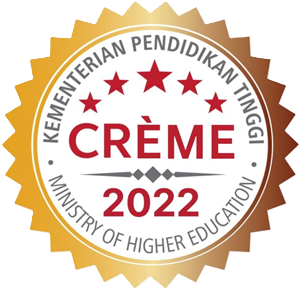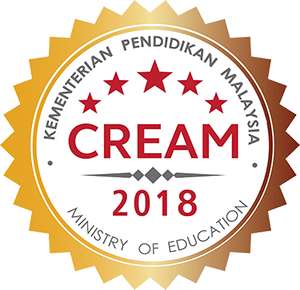DECAY RESISTANCE OF ACETIC, PROPIONIC AND BUTYRIC ANHYDRIDES MODIFIED RUBBERWOOD AGAINST WHITE ROT (TRAMETES VERSICOLOR)
Keywords:
Rubber tree, modification, deterioration, basidiomyceteAbstract
The effectiveness of rubberwood modified with acetic, propionic and butyric anhydrides against white rot Trametes versicolor was investigated. Specimens measuring 5 mm × 20 mm × 20 mm (l × w × t) underwent a Soxhlet extraction with toluene/methanol/acetone (4:1:1 by volume) for 8 h, and then oven-dried at 103 °C for 24 h. The specimens were vacuum-impregnated with anhydrides for durations ranging from 0.25 to 24 h at 120 °C. The weight percent gain (WPG) was calculated and the chemical bonding was analysed with Fourier transform infra-red (FTIR). The specimens were leached in deionised water according to EN 84 (1997) and exposed to white rot in an incubation room at 22 °C for 16 weeks. The study found that the acetic, propionic and butyric anhydrides reduced the rate of decay but did not totally protect rubberwood from T. versicolor. All the modified rubberwoods were classified as durability class 1 comparable to Scots pine and European beech. The final moisture content had a positive correlation with weight loss following decay. Scanning electron microscopy showed that hyphae penetrated cells in both untreated and modified rubberwood.





